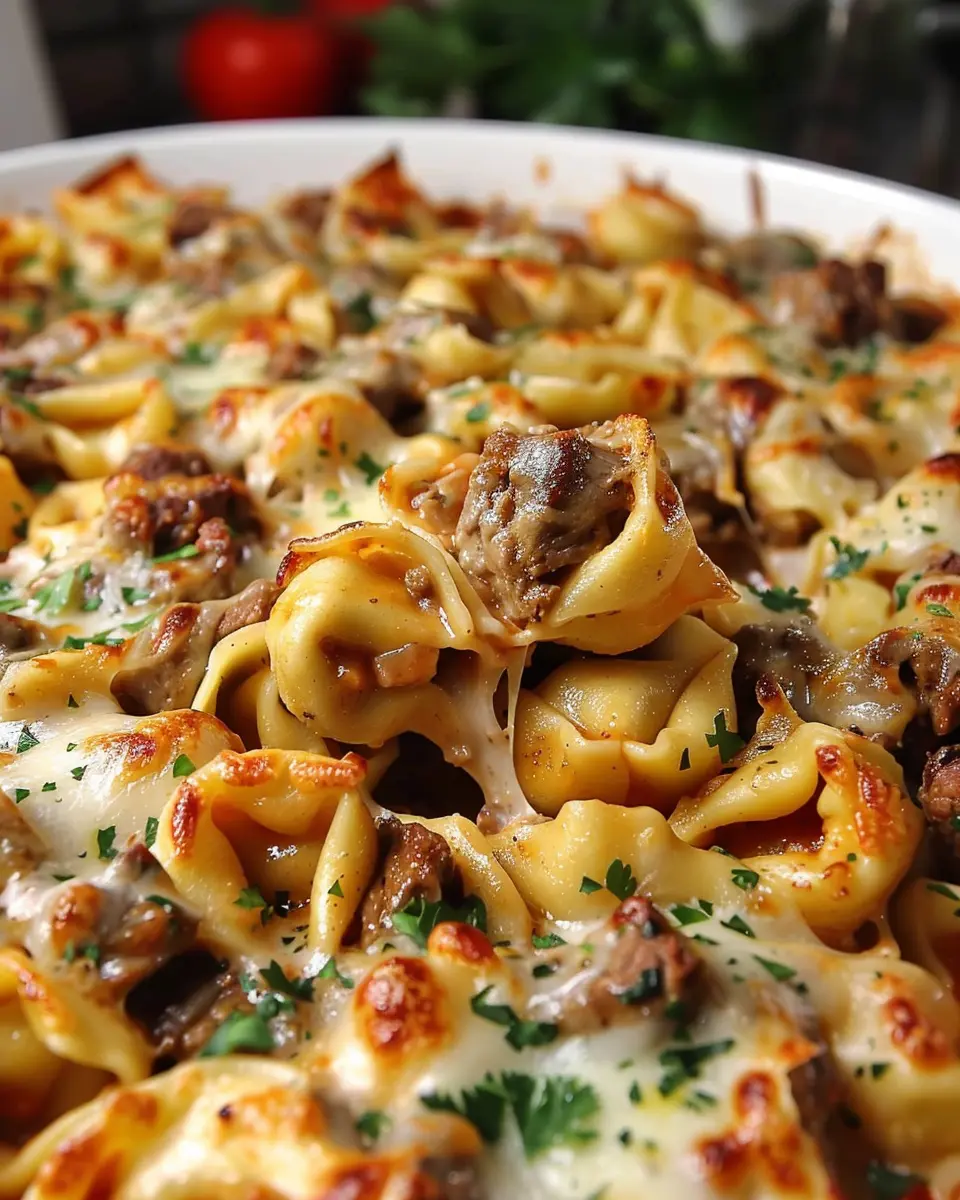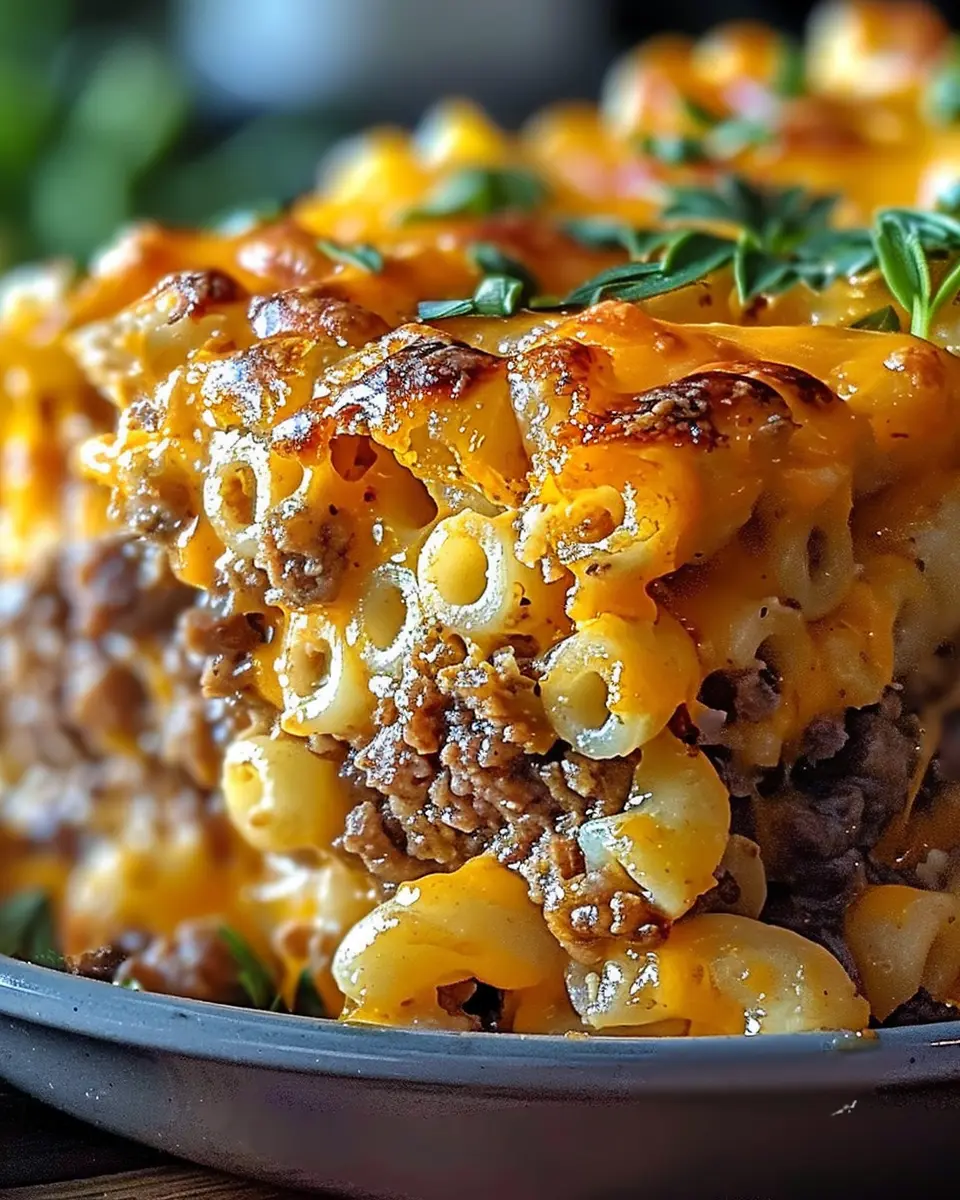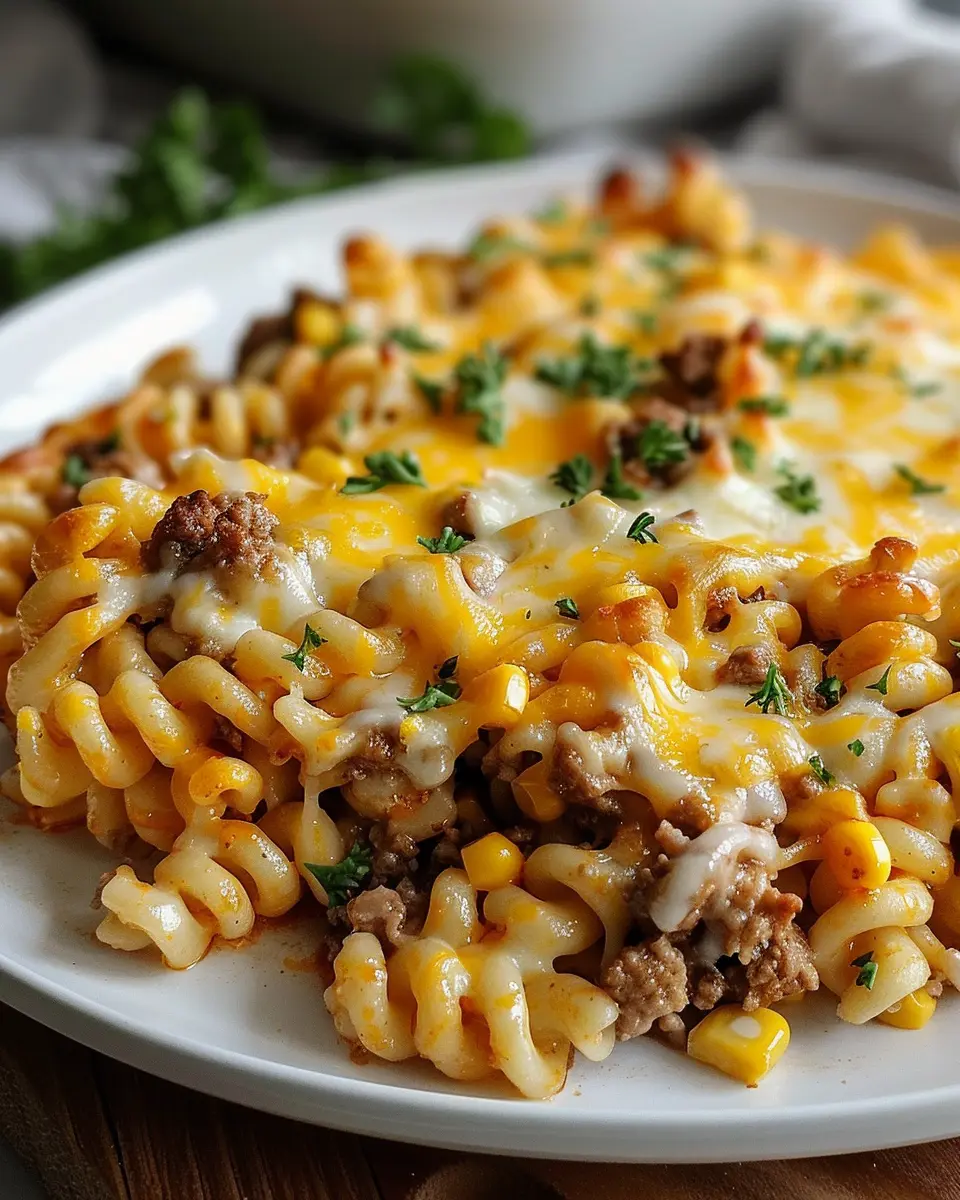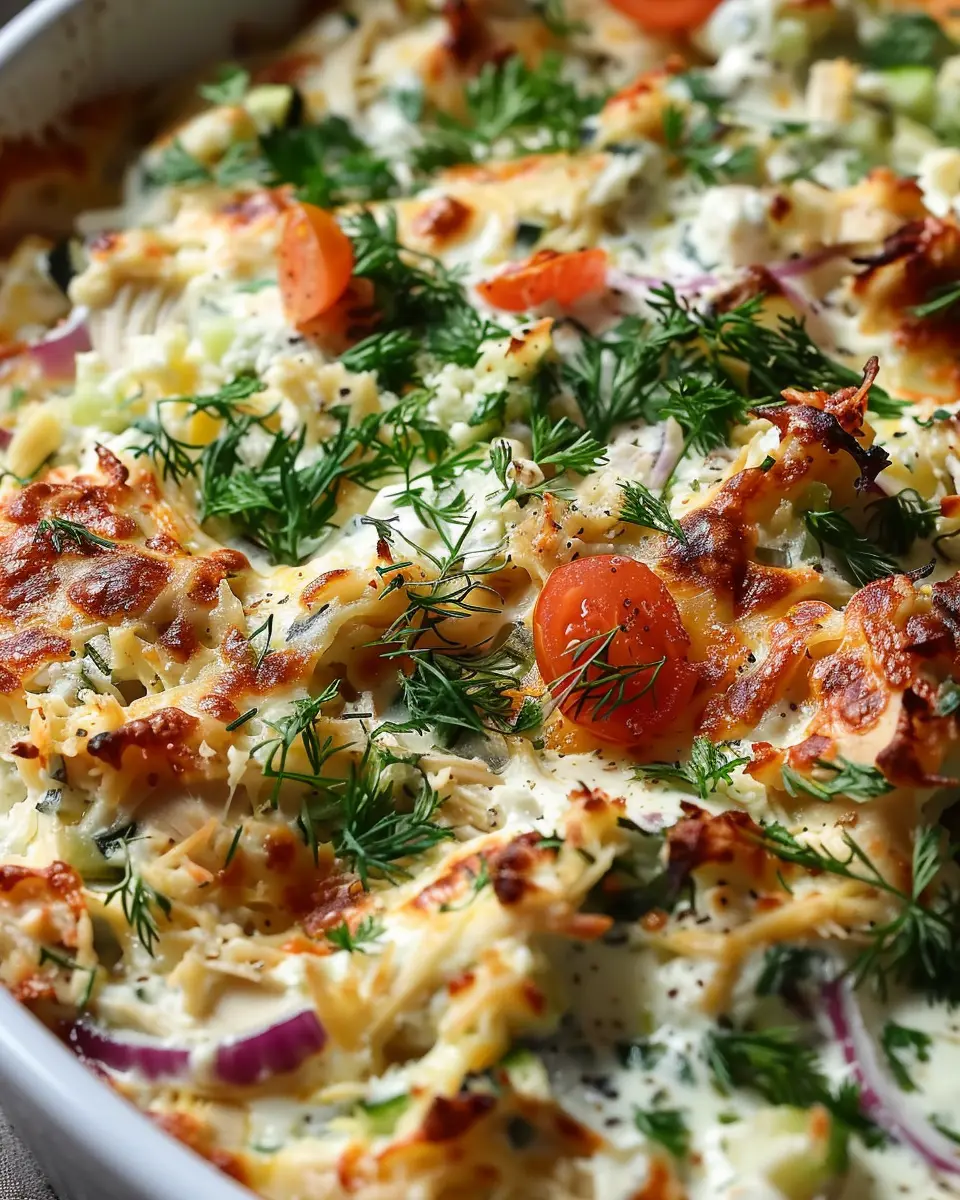Introduction to Scotch Eggs
What are Scotch Eggs?
Scotch Eggs are a delightful British snack that feature a soft or hard-boiled egg encased in seasoned ground beef, then wrapped in breadcrumbs and deep-fried to golden perfection. Perfect for picnics, brunch, or satisfying a midday snack craving, Scotch Eggs offer a tasty balance of flavors and textures. Think of them as the ultimate hand-held treat — a protein-packed indulgence you can enjoy anywhere!
A Brief History of Scotch Eggs
The origins of Scotch Eggs are somewhat murky, with claims stretching back to the 18th century. While many argue they originated in England, others believe they can be traced to a classic Indian dish known as “Nargisi Kofta.” According to The Food Timeline, they became popular among travelers for their portability and filling nature. The first-known reference to the dish appeared in a 1809 recipe booklet published by Fortnum & Mason, a luxury grocery shop in London. Since then, these savory morsels have evolved, making their way into pubs and cafes, becoming a staple of British cuisine.
Why Young Professionals Love Scotch Eggs
For today’s busy young professionals, Scotch Eggs strike the perfect balance between convenience and gourmet. Here’s why they resonate with this crowd:
- Portability: Easily packed for on-the-go lunches or outdoor picnics, they make for a satisfying meal any time.
- Versatility: Whether you prefer classic beef sausage, or a twist with turkey bacon or chicken ham, Scotch Eggs can be made to fit various dietary preferences, including gluten-free or vegetarian options.
- Indulgence with a Twist: These eggs provide a comfort food feel while allowing room for creativity in flavors. They’re perfect for impressing friends at a casual gathering.
If you’re excited to get started with making your own Scotch Eggs, you’ll find that they’re surprisingly simple! With just a few ingredients and some techniques, you can whip up this delightful dish in no time. Check out this step-by-step guide for all the tips you need to become a Scotch Egg aficionado!
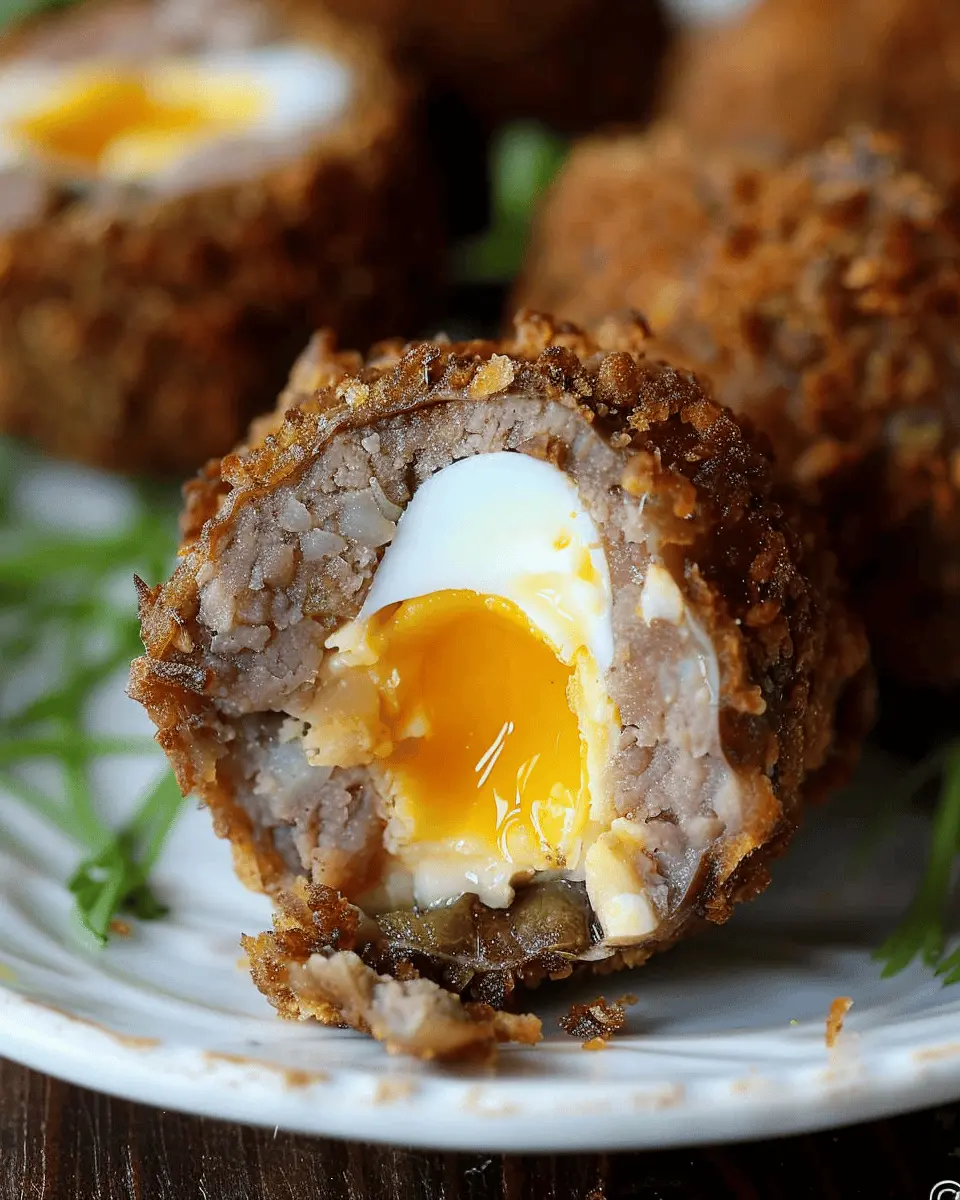
Ingredients for Scotch Eggs
Essential ingredients for classic Scotch Eggs
A classic Scotch Egg is a delightful treat that combines hard-boiled eggs with seasoned meat. Here’s what you’ll need to create this iconic dish:
- Large eggs: About 6, boiled to perfection.
- Beef sausage meat: 1 pound, which gives that hearty flavor.
- Breadcrumbs: 1 cup, for that satisfying crunch.
- Salt and pepper: To taste, enhancing all the flavors.
- Cooking oil: For frying, your choice of vegetable or canola oil works best.
This combination creates the foundation for a perfect Scotch Egg. If you’re unsure about boiling eggs just right, check out this handy guide on boiling eggs from Serious Eats.
Optional ingredients for flavor variations
Feeling adventurous? Once you’ve mastered the basics, try these optional ingredients to put a twist on your Scotch Eggs:
- Turkey bacon: Chopped finely for a smoky touch.
- Chicken ham: Adds an extra savory layer.
- Herbs and spices: Think thyme, sage, or even a dash of chili flakes for some heat.
These add-ins can elevate your Scotch Eggs from traditional to extraordinary! What will you try?
Preparing Scotch Eggs
Making homemade Scotch Eggs can be a fun and rewarding culinary adventure that elevates your snacking game. These delectable bites, wrapped in sausage and breaded to perfection, are perfect for picnics, brunches, or just a delicious snack at home. Let’s break down the process step by step for a delicious outcome that will impress your friends and family.
Boil the Eggs to Perfection
The first step in creating your Scotch Eggs is to boil your eggs just right. You want the yolk to be a bit creamy, but not too runny. Here’s how to do it:
- Place the eggs in a pot and cover them with cold water.
- Bring the water to a rolling boil. Once boiling, reduce the heat to low and simmer for about 6-7 minutes for medium eggs, or about 9 minutes for extra-large ones.
- After the time is up, quickly plunge the eggs into ice water to stop the cooking process. This helps in peeling them later and ensures they don’t overcook.
If you’re curious about perfect boiling techniques, you might want to check out resources from culinary experts like Serious Eats.
Prepare the Sausage Mixture
Next, it’s time to make the sausage mixture that will give your Scotch Eggs their hearty flavor. You can use either ground beef or your favorite sausage blend. Here’s what you’ll need:
- 1 pound of ground beef
- 1 teaspoon of salt
- ½ teaspoon of black pepper
- A dash of paprika or cayenne for a little heat (optional)
- Chopped herbs like parsley or thyme can enhance flavors beautifully
In a large bowl, combine the ground beef with your seasonings and mix gently but thoroughly. Make sure not to overwork the meat; just enough mixing to incorporate the spices will do.
Craft the Scotch Eggs
Now for the fun part! It’s time to wrap the eggs in the sausage mixture. Here’s how you do it:
- With clean hands, take a generous handful of the sausage mixture and flatten it in your palm.
- Place a boiled egg at the center and carefully mold the sausage around it, ensuring the egg is completely covered.
- Repeat this process for all the eggs you have.
When you’re finished, take a moment to appreciate the craftsmanship of your creations. It’s a surprisingly rewarding feeling to know you’re crafting these bites from scratch!
Set Up the Breading Stations
Breading is what gives your Scotch Eggs a crunchy exterior. Set up an efficient assembly line to keep things tidy. You’ll need:
- A bowl of flour
- A bowl of beaten eggs
- A bowl of breadcrumbs (preferably panko for extra crunch)
Coat each sausage-wrapped egg in flour first, then dip it in the beaten eggs, and finally roll it in the breadcrumbs. This triple coating will result in that satisfying, golden crust once fried.
Frying the Scotch Eggs
Finally, let’s fry these bad boys! You can choose between shallow frying or deep frying, depending on what you prefer.
- In a deep frying pan, heat enough oil (vegetable or canola) to cover the bottom.
- Once the oil is hot (around 350°F), gently lower the Scotch Eggs one or two at a time. Fry them for about 5-7 minutes until they turn golden brown.
- Use a slotted spoon to remove them and let them drain on paper towels.
Want to learn more about frying techniques? Check out ChefSteps for some great frying tips.
Whether you enjoy them warm or cold, your homemade Scotch Eggs are sure to impress. Enjoy your culinary triumph, and dig in!
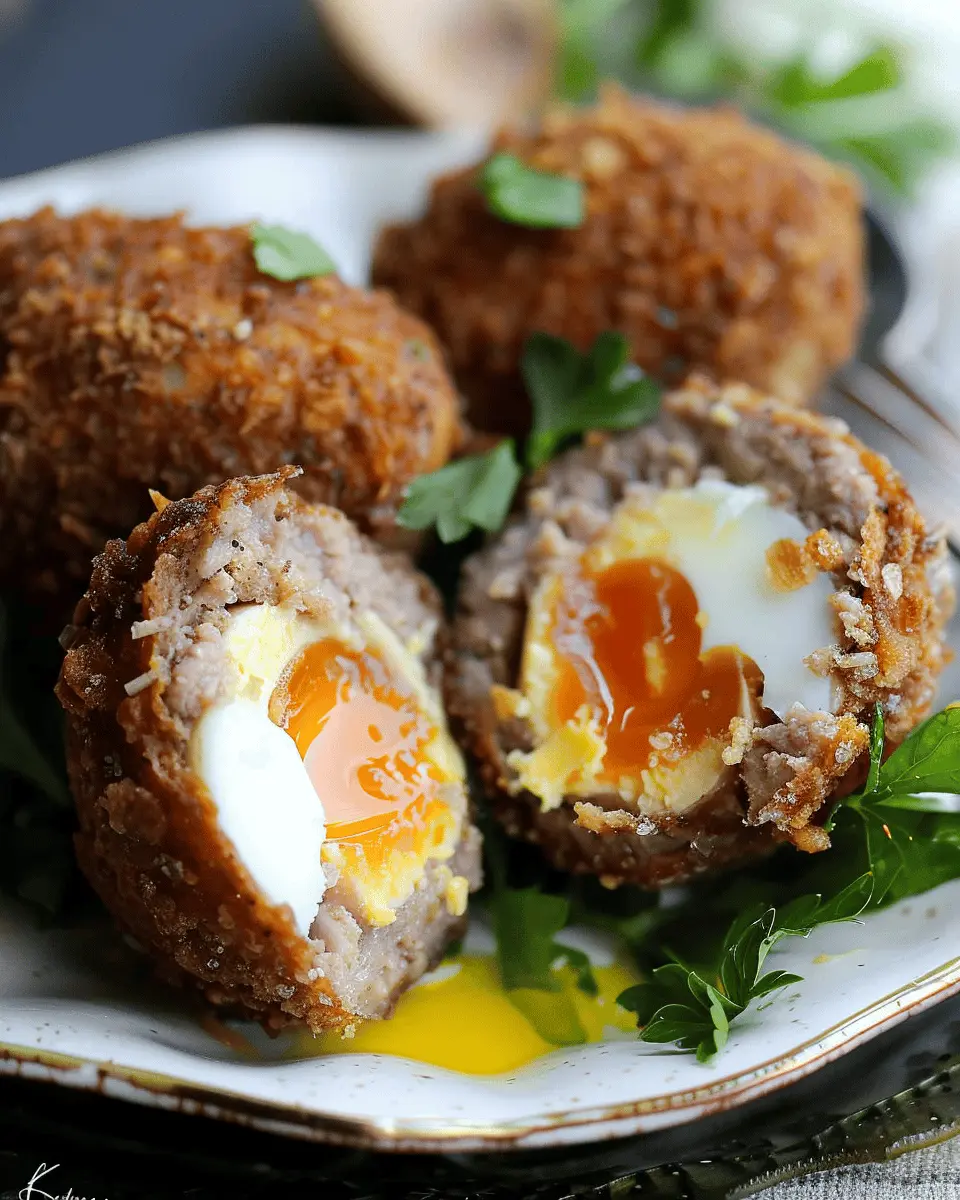
Variations on Scotch Eggs
Scotch Eggs are a delightful treat that can easily cater to various tastes and dietary preferences. Here are some fun variations to consider:
Spicy Scotch Eggs with Hot Sausage
For those who enjoy a kick, spicy Scotch Eggs are a game-changer. Replace traditional sausage with a spicy blend of hot sausage. The flavorful heat combines beautifully with the creamy egg, making for a delicious snack or appetizer. Consider incorporating spices like crushed red pepper, cayenne, and smoked paprika for an extra layer of flavor. You can also try using different types of meat, like beef sausage with jalapeños, to create a bold fusion.
Vegetarian Scotch Eggs with Plant-Based Protein
If you’re leaning toward a meat-free option, vegetarian Scotch Eggs are a fantastic alternative. Use plant-based protein like lentils, chickpeas, or quinoa as a filling. You can spice things up with herbs and spices, such as cumin or coriander, to infuse complex flavors that even meat-lovers will enjoy. There are several recipes available online, such as at BBC Good Food, that provide creative ideas for vegetarian versions of your favorite snacks.
Air Fryer Scotch Eggs for a Healthier Option
For the health-conscious, air fryer Scotch Eggs are an innovative take, cutting down on the calories without sacrificing flavor. The air fryer gives them that crispy exterior we all crave but uses significantly less oil than traditional frying methods. Just cook them as you normally would, and you’ll enjoy a guilt-free indulgence!
Whichever variation you choose, Scotch Eggs can be adapted to suit any occasion or dietary preference—making them a must-try for your next gathering!
Cooking Tips and Notes for Scotch Eggs
Ensuring the Perfect Egg Consistency
Achieving that perfectly-runny yolk is essential for a delicious Scotch Egg. Boil your eggs for exactly 6-7 minutes; this usually gives you a soft center but feel free to test a couple first! After boiling, immerse them in an ice bath to halt the cooking process. It’s a simple trick that pays off big time.
Best Practices for Frying or Baking
Whether you choose to fry or bake your Scotch Eggs, there are a few tips to keep in mind. For frying:
- Heat oil to 350°F to get that golden-brown crust.
- Make sure your choice of meat coating—like beef or turkey bacon—is securely wrapped around the egg to prevent leakage.
If baking, brush the outer layer with a bit of olive oil to enhance crispiness. Either method can produce delicious results!
Sourcing High-Quality Ingredients
When it comes to Scotch Eggs, the quality of your ingredients matters. Visit your local farmer’s market for fresh eggs and choose premium ground beef from a reliable butcher. The flavor difference is remarkable! Plus, consider exploring new options like chicken ham to add unique tastes.
For more tips on selecting quality ingredients, check out Food52. Happy cooking!
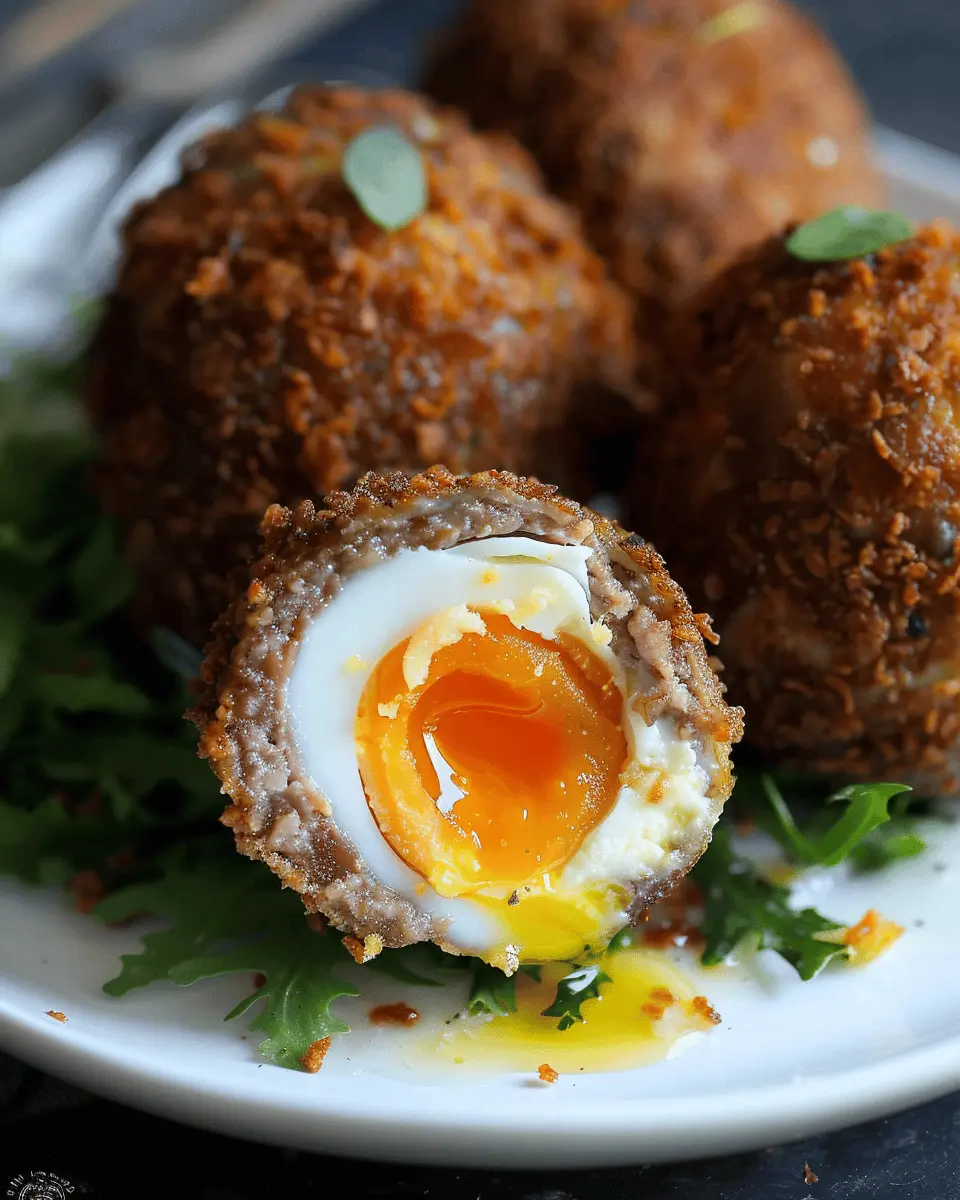
Serving Suggestions for Scotch Eggs
Pairing Scotch Eggs with Dipping Sauces
The joy of Scotch Eggs doesn’t stop at the crispy exterior and savory filling; it truly shines when paired with the right dipping sauces. To elevate your tasting experience, consider these options:
- Dijon Mustard: A classic choice that adds a tangy kick.
- Sriracha Mayo: For those who enjoy a bit of heat, mix Sriracha with mayo for a creamy and spicy dip.
- Chutneys: Sweet mango or tangy tomato chutney brings a delightful contrast to the richness of the egg.
- Garlic Aioli: A smooth, flavorful dip that complements the seasoned sausage perfectly.
Experimenting with different sauces can transform your Scotch Eggs into a flavor adventure!
Creative Serving Ideas for Picnics and Gatherings
When it comes to serving Scotch Eggs at picnics or casual gatherings, creativity is key. Here are some fun ideas to impress your guests:
- Snack Platter: Slice the eggs in half and arrange them on a platter with cheese, olives, and crackers for a tasty appetizer spread.
- Sandwich Upgrade: Use Scotch Eggs as a hearty filling in a sandwich, topped with leafy greens and a spread of your choosing.
- Bento Box: Pack them alongside fresh fruits and veggie sticks for a balanced lunch option.
These ideas not only provide delightful flavors but also make for elegant presentation. Plus, your guests might just ask for the recipe! For a deeper dive into pairing ideas, check out this guide on food pairings.
Time Breakdown for Scotch Eggs
When it comes to making Scotch Eggs, it’s essential to plan your time effectively to enjoy the cooking process without any rush. Here’s a quick overview of what to expect:
Preparation time
Setting aside approximately 20 minutes for preparation should be enough. This includes gathering ingredients, cooking the eggs, and wrapping them in the flavorful beef and Turkey Bacon mix.
Cooking time
The cooking process will take about 30 minutes. This includes frying the coated eggs until they are beautifully golden and cooked through.
Total time
In total, you’ll need around 50 minutes to create these delightful treats. So grab your ingredients, gather your friends, and get ready for a fun cooking session! For tips on ingredient quality, you might want to check out BBC Good Food.
Nutritional Facts for Scotch Eggs
Calories and Macronutrients
Scotch Eggs offer a balanced blend of protein, fats, and carbohydrates. A typical Scotch Egg contains around 300-400 calories, depending on the ingredients used. Here’s a quick breakdown of its macronutrient profile:
- Protein: Approximately 20 grams
- Fat: About 24 grams, primarily from the sausage coating and eggs
- Carbohydrates: Roughly 20 grams, mainly from the breading
These hearty snacks can be a filling option for lunch or as a protein-packed on-the-go meal.
Health Benefits of Scotch Eggs
Beyond their delicious taste, Scotch Eggs come with several health benefits:
- Rich in Protein: This makes them ideal for muscle repair and growth, perfect after a workout.
- Nutrient-Dense: Eggs are a great source of essential vitamins, including B12 and D.
- Versatility: You can customize your Scotch Eggs by using Turkey Bacon or Chicken Ham for a healthier twist, allowing you to cater to various dietary preferences.
Curious to explore more about the nutritional value of eggs? Check out resources from the Egg Nutrition Center.
By incorporating Scotch Eggs into your meals, you’re not just indulging in something tasty—you’re also fueling your body with nutrients that support your active lifestyle!
FAQs about Scotch Eggs
Can I prepare Scotch Eggs in advance?
Absolutely! Preparing Scotch Eggs in advance is a great time saver, especially if you’re planning a gathering or a picnic. You can assemble the eggs by wrapping your boiled eggs in seasoned beef sausage mixture, then refrigerate them until you’re ready to cook. Just remember to cook them within a day or two for the best flavor and freshness. If you’re saving them for another day, you can fully cook them and then reheat them in the oven for a crispy finish.
What are some alternatives to frying Scotch Eggs?
If you’re looking for healthier options, you can bake your Scotch Eggs instead of frying. Preheat your oven to about 375°F (190°C) and place the assembled eggs on a baking tray lined with parchment paper. Bake for around 25–30 minutes until golden brown and cooked through. You can also experiment with air frying, which gives you that crispy outer layer with less oil. If you’re feeling adventurous, you might even consider using turkey bacon or chicken ham in your recipes for a twist on the classic!
How do I know when the Scotch Eggs are done?
Knowing when your Scotch Eggs are done comes down to a simple method. If you’re frying, look for a golden brown crust, and for a foolproof way to check, you can use a meat thermometer. The internal temperature should reach 165°F (74°C) to ensure they’re fully cooked. If you prefer the perfect runny yolk, you can opt for a boiling time of about 6–7 minutes for the eggs before wrapping them in sausage. Don’t forget, practice makes perfect!
For more tips and detailed instructions, check out this comprehensive cooking guide that offers helpful advice and even more recipes!
Conclusion on Scotch Eggs
Final thoughts on making Scotch Eggs at home
Creating Scotch Eggs at home is truly rewarding. Not only are these savory snacks perfect for any occasion, but they also give you the freedom to experiment with flavors and ingredients you love. Using Turkey Bacon or Chicken Ham instead of traditional meats can make them a unique twist you and your guests will adore. Plus, you’ll have the satisfaction of taking a bite into a warm, seasoned egg nestled in delicious layers of meat and breadcrumbs, a culinary hug in every bite.
Encouragement to try out the recipe
If you haven’t tried making Scotch Eggs yet, now is the perfect opportunity! It’s easier than you might think, and the joys of sharing your creation with friends or family will make the effort worthwhile. Don’t hesitate to make variations to suit your taste, perhaps by adding spices or trying different types of meat. You’ll find countless resources on recipe variations and tips online, like this one from BBC Good Food or this helpful guide from Serious Eats. So roll up your sleeves and dive into the delightful world of Scotch Eggs!
PrintScotch Eggs with Turkey Bacon: Easy and Irresistibly Delicious
These Scotch eggs are a delicious twist on the traditional recipe, using turkey bacon for a lighter version.
- Prep Time: 15 minutes
- Cook Time: 30 minutes
- Total Time: 45 minutes
- Yield: 4 servings 1x
- Category: Appetizer
- Method: Baking
- Cuisine: British
- Diet: Low Carb
Ingredients
- 4 large eggs
- 1 pound turkey bacon
- 1 cup breadcrumbs
- 1 teaspoon salt
- 1/2 teaspoon pepper
- 1 teaspoon paprika
Instructions
- Preheat the oven to 375°F (190°C).
- Boil the eggs for 6-7 minutes, then transfer them to an ice bath.
- Wrap each egg in turkey bacon and secure with toothpicks.
- Roll the bacon-wrapped eggs in breadcrumbs.
- Bake in the preheated oven for 25-30 minutes or until crispy.
Notes
- For a spicier version, add chili flakes to the breadcrumbs.
- Serve with a dipping sauce of your choice.
Nutrition
- Serving Size: 1 Scotch Egg
- Calories: 200
- Sugar: 1g
- Sodium: 450mg
- Fat: 12g
- Saturated Fat: 4g
- Unsaturated Fat: 7g
- Trans Fat: 0g
- Carbohydrates: 10g
- Fiber: 1g
- Protein: 15g
- Cholesterol: 200mg
Keywords: Scotch Eggs, Turkey Bacon, Delicious Recipe



